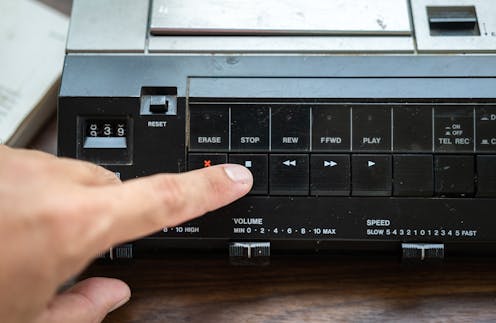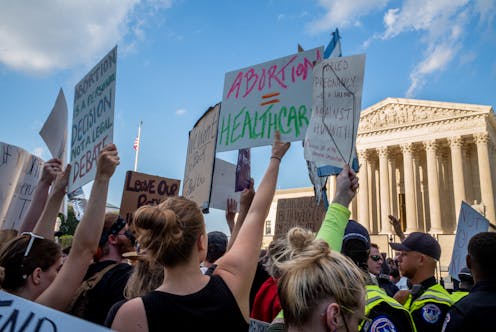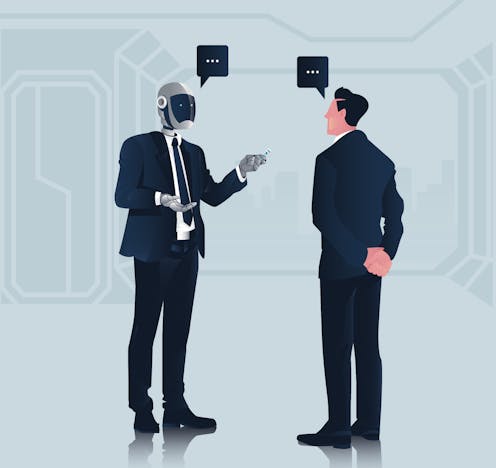When homes flood, who retreats and to where? We mapped thousands of FEMA buyouts and found distance and race play a role
- Written by James R. Elliott, Professor of Sociology, Rice University
After Hurricane Ida hit New Orleans in 2021, Kirt Talamo, a fourth-generation Louisianan, decided it was time to go. He sold his flooded home, purchased his grandmother’s former house on New Orleans’ west bank, which hadn’t flooded, and moved in. It felt good to be back within its familiar walls, but his mind was on the future.
&ld...











